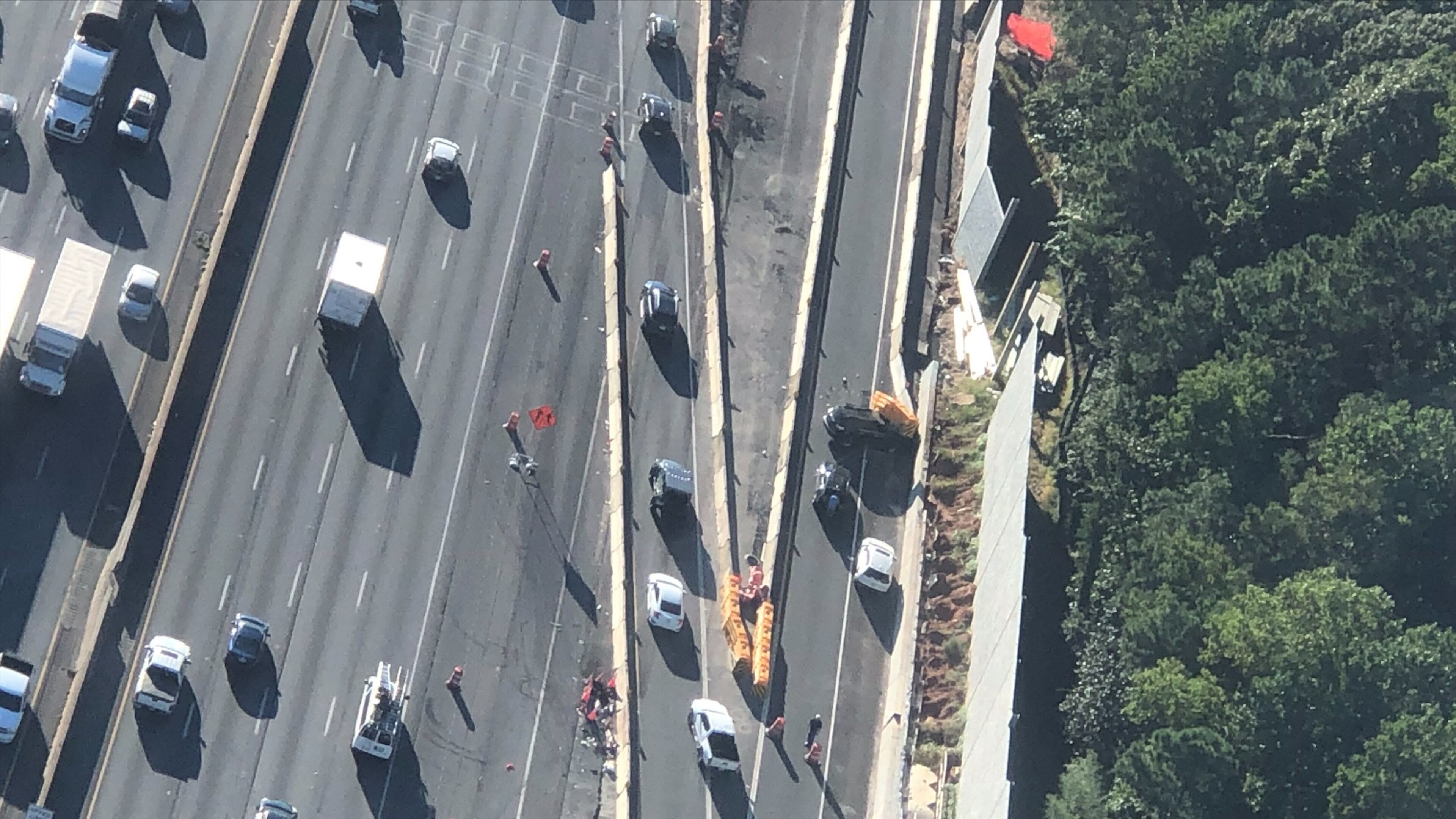Gridlock Guy: Bad driving helps churn the crime wave

Staffing shortages in many industries are one of the many consequences of COVID-19. One shortage affects another and the externalities cascade, toppling like dominoes.
Atlanta’s crime wave has been one of the biggest stories in our city the last two years. The angst from it has led to the Buckhead city movement, as some residents in that section of the capital city feel their autonomy would better equip them to fight the surge.
Just as the effects of a lack of willing workers impact services nationwide, the proliferation of illegal acts causes angst around the country. The unrest after the George Floyd tragedy - and similar, subsequent travesties - raised many questions about policing and prompted an egress of officers from the profession. Policing was becoming too stressful and the populace was rightfully angry.
A few paragraphs in this space isn’t going to begin to solve this tension.
But just as irresponsible behavior taxes emergency rooms, unscrupulous driving draws police attention away from patrolling and crime prevention. Our driving mistakes indirectly contribute to the crime wave.
I get emails weekly asking why law enforcement don’t ramp up and stop big rigs driving in left lanes, reckless drivers, people with expired tags and vehicles with lights out. The answer is simple: numbers.
Part of our process in gathering information for WSB Triple Team Traffic is listening to police scanners and calling 911 centers. Hearing an emergency response to a wreck or getting a list of them on the phone from a dispatcher hones our team in on the biggest road problems. We hear a lot of the inside baseball on these radios. The officer-shortage has wide-ranging effects.
On the DeKalb County channels, I often hear “41 pending”. A “signal 41″ is code for a crash in most jurisdictions. Some people in small wrecks are left waiting for an hour or two, if they don’t require emergency attention. The backlog of calls for under-staffed forces of first responders has a snowball effect.
Recently, I heard an officer say on a scanner that they were delayed in responding to a shooting, because they had to tend to a crash. As they soon found out, the crash and shooting were related. But the notion draws the thought: mundane, bad traffic delays responses when each moment is critical.
An ideal law enforcement system involves organized patrols: presence in busy traffic areas as beacons of safety, strength in numbers in high crime areas to deter that behavior and showing up at community events to serve and build trust.
But bad driving helps stifle the optimal launch of that multi-pronged approach. When departments have to dispatch units to constant wrecks, the police force ends up as a scatter plot instead of a spread offense. When police power is drawn to silly wrecks caused by distracted and dumb driving, the more dangerous criminals can fill the void they leave.
During COVID-19 surges, reckless behavior has greater consequences, because hospitals are filled. Getting hurt in a crash draws medical attention away from someone potentially fighting to breathe during the insidious virus’ attack. That prospect should cause people to behave with pause, but not enough do.
In treating the crime wave like a pandemic spike, motorists need to think of the butterfly effect of their decisions. Tailgating increases the likelihood of a rear-end crash. Speeding decreases the reaction time when conditions change and makes cars harder to drive. We know what distracted driving does. All of us would agree that bad tempers do not yield great driving decisions. And the consequences of each of these is a law enforcement response.
There are many reasons why both police staffing numbers are critically low and why crime has risen. And there are many completely controllable factors that weigh down the 911 system. Having worked a few rainy rush hours in the past couple of weeks and hearing my police scanners go wild and the 911 wait times increase, I can tell you there is something that we all can do to decrease the load on the system.
Nary a person gets in their car and says, “You know what? I’m going to crash today.” But drivers do so all the time. Nearly every crash has at least one driver who did something illegal or, at very least, in error. That behavior is something we all can control ourselves and do our part in helping turn back the tide of crime in Metro Atlanta.
Doug Turnbull, the PM drive Skycopter anchor for Triple Team Traffic on 95.5 WSB, is the Gridlock Guy. He also hosts a traffic podcast with Smilin’ Mark McKay on wsbradio.com. Contact him at Doug.Turnbull@cmg.com.

